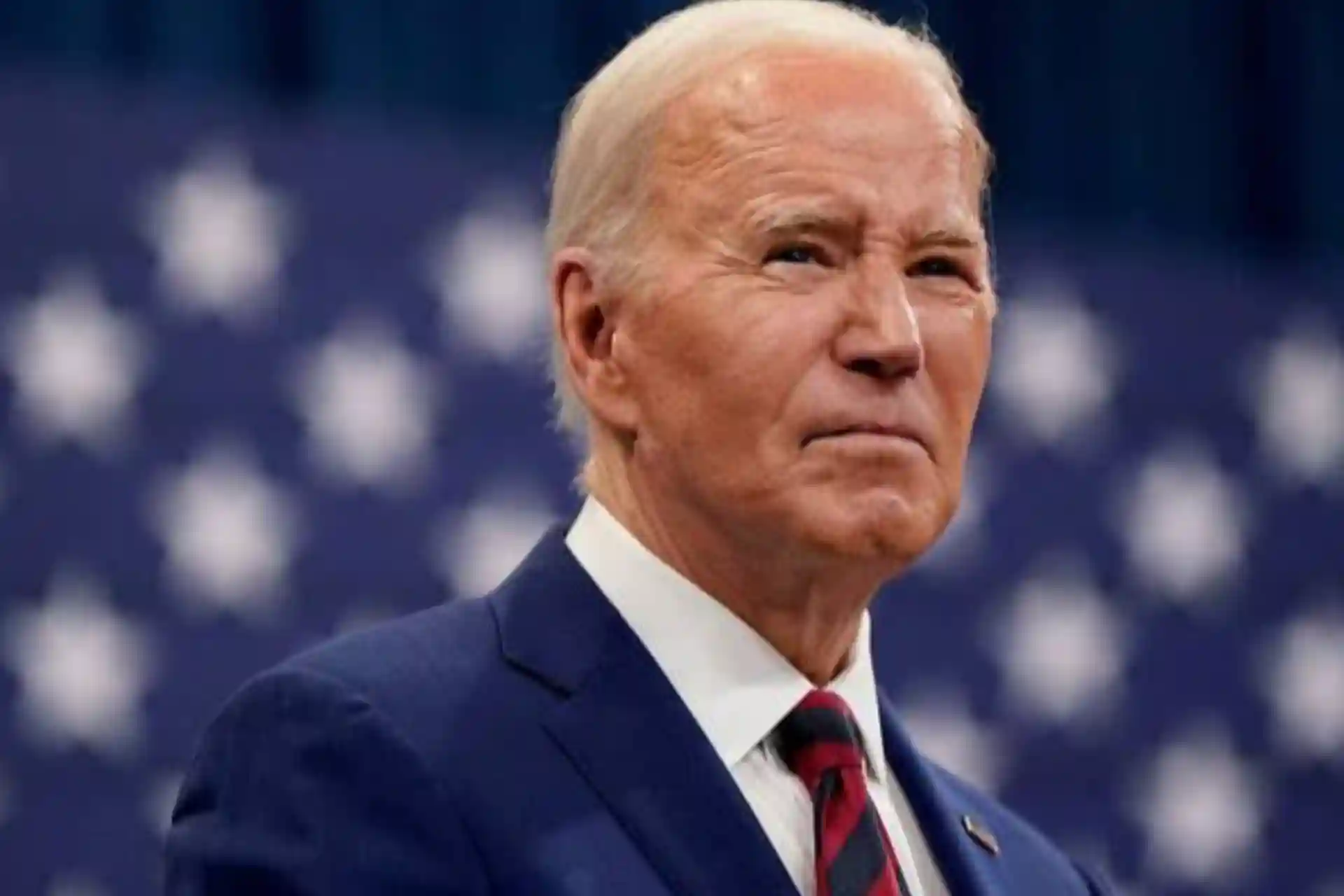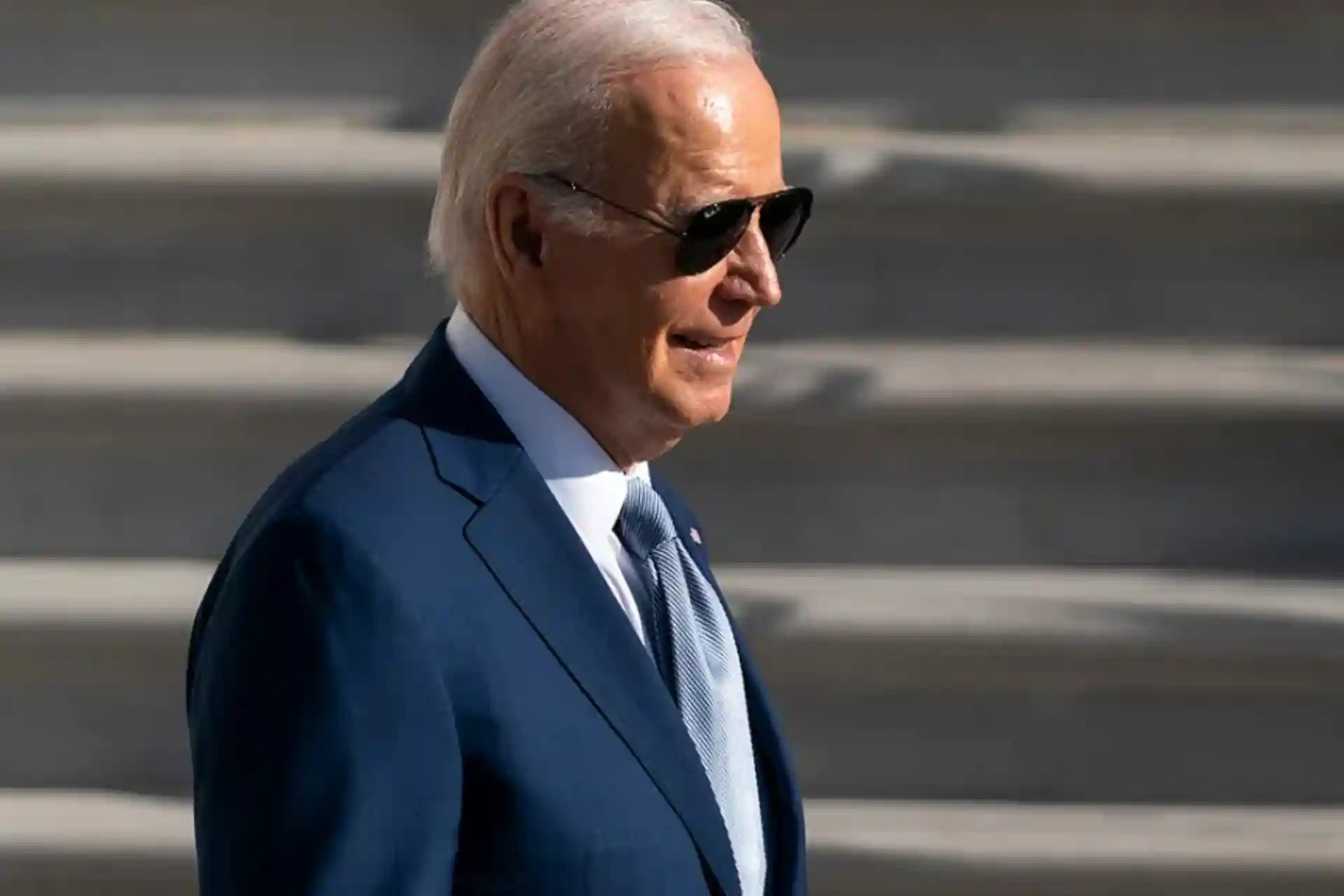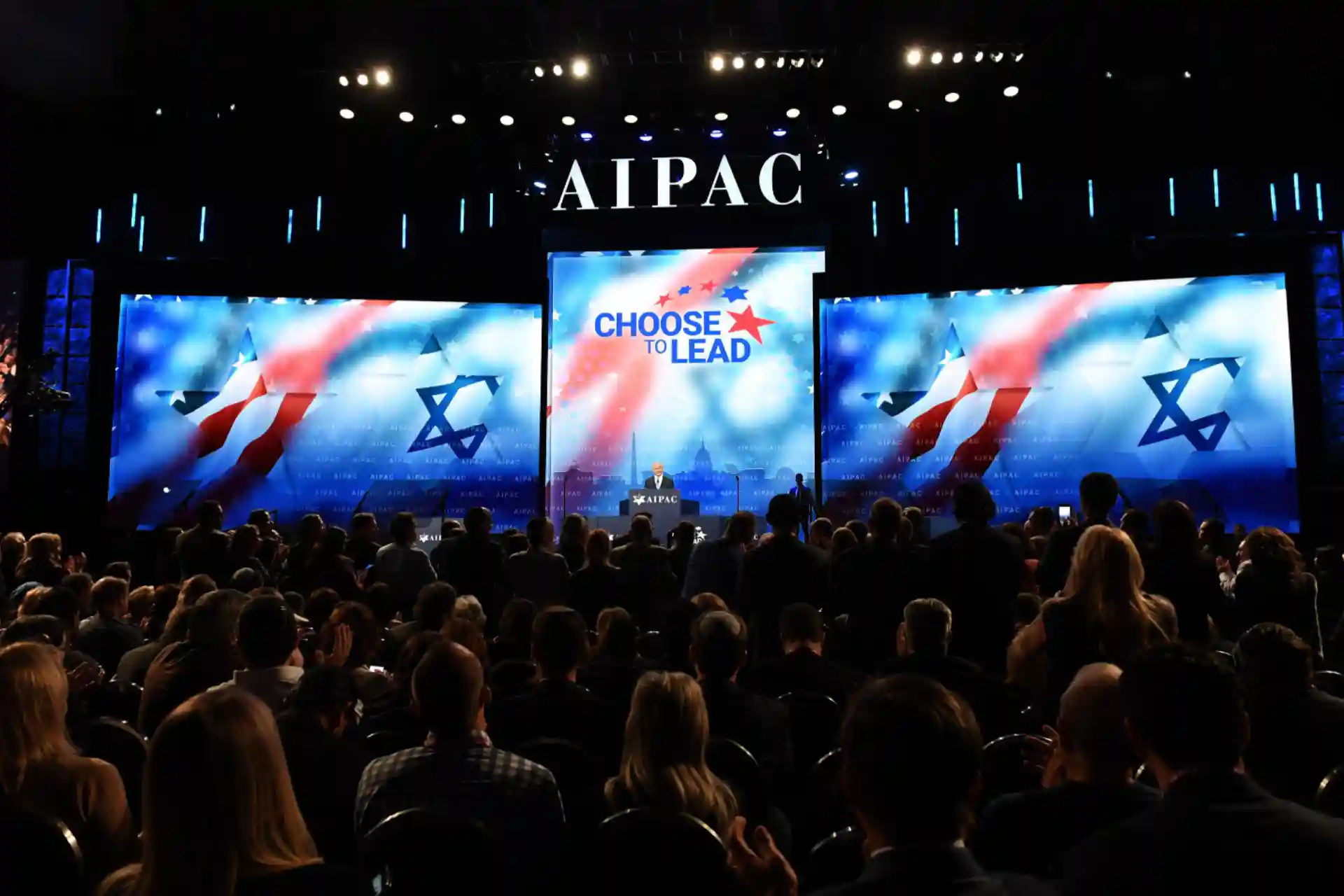Why does the Biden administration not want a ceasefire in Gaza?
One of the most important questions raised in the background of recent events since the beginning of the war in Gaza is the following: Why does the administration of the US President Joe Biden not want a ceasefire in Gaza?
The answer is that the US agrees with Israel to destroy Hamas. There are many reasons for this, not the least of which is Hamas' obstruction of the Biden administration's shared vision of a Middle East future without Hamas, ISIS, or Hezbollah. This view became known to everyone at the same time; that is, Israel must accept the two-state solution, which means that it will agree to the establishment of a Palestinian state. But where? The borders will be negotiated between the Palestinian and Israeli sides after years of negotiations, with a new Palestinian leadership making compromises in return for Israeli concessions.
So what does Israel have to give up? They agree to the creation of a demilitarized Palestinian state with limited independence over part of its territory. In addition, Israel's recognition of the Palestinian state encourages Saudi Arabia to normalize relations with Israel. As a result of this normalization, the US rewards Saudi Arabia by meeting several long-term Saudi demands. The most important of them is the signing of a strategic partnership agreement approved by the US Congress, which provides full security guarantees to Saudi Arabia. In addition, Saudi Arabia will be able to satisfy many other concessions or important requirements for its national security.
Therefore, Israel's recognition of Palestine and Saudi Arabia's recognition of Israel opens the way for other Islamic countries, such as Indonesia and Pakistan, to automatically recognize Israel. Therefore, Israel will help to form a new alliance consisting of Arab countries and Islamic countries that have normalized relations with Israel under the leadership of the United States. This ally would then confront Iran and reduce the influence of Russia and China in the Middle East. What is important, according to this view, is to remove Hamas, lay the groundwork for a subsequent attack on Hezbollah, and thereby weaken Iran by eliminating the so-called axis of resistance, and ultimately strengthen the influence of Russia and China in the region.
There are other reasons for the Biden administration's desire to destroy Hamas, such as Biden's desire to appease the Zionist lobby in the United States before the election. Above all, the US has very strong ties to Israel, whose president is a proud Zionist. Moreover, he is really angry about what Hamas did on October 7.
All these are common and secondary reasons, why? The point is that the US president's obligation to release American prisoners is a reasonable and acceptable factor. However, this requires the US to protect the people of Gaza from Israeli bombing. In such a case, the US should be eager for a real ceasefire and start negotiations for the return of prisoners instead of encouraging war. Focusing on Jewish voices does not require continuing to engage in genocide with Israel, Jewish voices in American society and what is happening inside Gaza are two entirely different issues. Even if Biden wins the Jewish vote, he will lose the votes of Americans who hate his involvement in the Gaza massacre.
So, apart from other secondary reasons, Biden's desire to create a New Middle East starting with Gaza is the main reason for his refusal to stop the ceasefire and support Israel in any way in its war against Gaza. For the same reason, he vetoed any UN Security Council resolution calling for a cease-fire for about six months until Israel achieves its goal of eliminating Hamas.
So, does the recently adopted resolution of the Security Council on March 25 mean a change in the American position? No answer. There is no significant change in the US position; on the contrary, his administration only disagrees with Netanyahu on details. It would be an exaggeration to consider this a radical change in the US position. The Biden administration has always been, and still is, committed to its primary goal of destroying Hamas. In this regard, he agrees with Netanyahu, although there are differences on the details. For example, the US administration wants to attack Hamas in Rafah and all other areas, but it wants to do it in a way that does not lead to the mass slaughter of Palestinians, because if it does, it can be shamed, exposed, and provoke the world to rebel against it. But he failed to achieve his plan to destroy Hamas. The United States does not want to open a war with Hezbollah on the northern front, as the Netanyahu government wants, so as not to expand the war and create an obstacle to achieving the goal in Gaza. In addition, the US does not want to allow Hamas fighters to settle in the West Bank, as this would unnecessarily bombard the West Bank and thus hinder the smooth execution of the mission in Gaza. Consequently, the establishment of more settlements renders the two-state solution proposal, which is a key part of the US plan, meaningless and useless, and so on. Therefore, there is a conflict of interest between the two.
Until March 25, the U.S. Security Council advocated no resolution, even an interim one, on a ceasefire unless Hamas released all prisoners. The Security Council was paralyzed because its members could not accept the US terms and could not pass a resolution calling for a cease-fire against their will because it had veto power.
Several US officials have variously but transparently expressed the US rationale that a ceasefire in Gaza would leave Hamas intact, allowing it to control Gaza and sow the seeds for the next war. Therefore, while the US supports a lasting peace in which Palestinians and Israelis can live safely, it cannot support an immediate ceasefire. According to the United States, the presence of Hamas in the Gaza Strip means a new war with Israel, and this means the end of the two-state solution, as the United States envisions. The two-state solution is one of the main pillars of his vision for the formation of the New Middle East.
In short, America's rejection of a cease-fire is the same as Israel's position, which thinks that if it frees the prisoners, it will have to stop the war. The US and Israel have failed to convince most of the world of this logic, where war and killings will continue indefinitely. The truce cannot be stopped until the prisoners are released, and Hamas cannot release them just for a temporary ceasefire. In other words, after Israel takes back its prisoners, it will continue to attack the Gaza Strip and Hamas. The continuation of the war means the destruction of Palestinian civilians, not of Hamas.
Dr. Amira Abul Fattah, political commentator



